Fourth generation family business Fibre King attributes its extraordinary 250% sales growth in the last three years to their focus on identifying and developing low-risk innovations, and completely changing their sales conversion process.
This year Fibre King won the prestigious Australian Packaging and Processing Machinery Association (APPMA) Award recognising Australian-based manufacturing, innovation, and success of a product launched into the domestic and/or export market in the past three years.
Their award winning machine was the ‘Little Packer,’ the world’s smallest case packer designed specifically for Australia’s growing craft brewing industry. The company designs, builds, installs, and maintains end-of-line packaging equipment for companies across Australia, New Zealand, and Asia.
“Most of our customers have high volume facilities, but we identified craft breweries as a growing industry and knew that we could develop equipment specific to their needs that would eliminate the need for the manual packaging processes,” James Windsor, chief executive officer (CEO) of Fibre King said.
“Identifying this segment early on gave us the ‘first-to –market advantage’ and our reputation built quickly within the craft brewery industry as the place to go for automation. We have also developed new machinery to further service this market and now offer a can carrier applicator and small de-pelletiser.
“As these breweries grow, and move to the next level of automation where our ‘craft size' range can’t keep up with their needs, we’re in the box seat to work with them in the next size, which is where we’ve traditionally operated,” Windsor said.
CapFeather, a customer strategy and innovation consultancy specialising in growth, has worked with Fibre King on retainer for the past three years, and senior partner Dr Robert Dew says it is this relationship that has made the difference.
“The ‘Little Packer’ is an example of what we call an Adjacent Market Position. We believe the best performing organisations show the most growth not in iterating on what they do now, or going after a moon-shot transformation, but in finding emerging opportunities adjacent to core business,” Dr Dew said.
“It could be discovering new customers who have needs close to those a firm services well right now, or it could be about evolving products and services to deliver a better customer value proposition.
“We have found major players tend to focus on their customers’ known functional needs. But the real growth opportunity is often in serving unmet emotional needs,” Dr Dew said.
Aside from innovations such as the Little Packer, Windsor credits their extraordinary 250% sales growth in three years to working with Capfeather on improving their sales conversions focusing on their complex B2B sales.
“We applied the principles of the Theory of Constraints, and that with a bit of Pareto mixed in and we understood where we were spending our time, and where the bottlenecks were in our business,” Windsor said.
“And being able to identify those things in our current system, and how we were operating was probably the thing that was the light bulb moment in terms of, okay, we’re focusing on the wrong thing here.”
“’We need more sales! We need more salespeople!’ Well no,” Windsor explained.
“We need to focus on what we are doing, where we are wasting time, and on what adds value and what doesn’t; what our customers want to pay for, and what they don’t. And that’s what made the big difference.”
“I was actually working with another sales consultant at that point in time (when Fibre King started working with CapFeather) and I decided to bring them both in because they both had different strengths,” he said.
“That sales consultant was more focused on actual sales and selling, whereas CapFeather’s experience is more of the psychology and structure, so I thought they would work well together, but at the end of the day, we continue to work with CapFeather now years on, and the other sales consultant was dropped in probably six months. You could see where the value was being added.”
Dr Dew believes there is a level up on cost cutting for profit growth, but he rarely sees anyone doing it well in the market at any scale.
“The greatest returns come from leveraging customer insight to unlock different value which means you have go beyond just reducing the friction in your processes,” Dr Dew said.
“Instead we help our customers lift both their top and bottom lines by combining customer psychology with market strategy to create ‘cut through’ customer experiences.
“Fibre King is a great example because success was about so much more than just new product development. The go-to-market strategy included how to position the firm in customers’ minds as the preferred option which is not so simple when you are selling capital equipment traditionally selected via tendering processes. And in this case it had nothing to do with just making things simpler for the customer.”
*The article image is of Fibre King CEO James Windsor and CapFeather senior partner Dr Robert Dew at the AAPMA Awards where Fibre King won for the ‘Little Packer’
Watch James Windsor, CEO of Fibre King talk about his experience working with CapFeather on a range of projects.
“We actually were able to identify that there was a significant amount of hours that our sales team were spending on opportunities that were not likely to go anywhere. And through the process that we took with CapFeather we were able to stop doing those things that weren’t adding any value, and actually put the time where it was needed and where it was more effective.”

